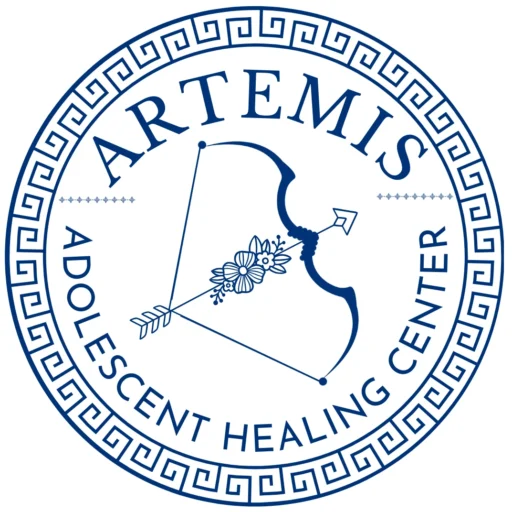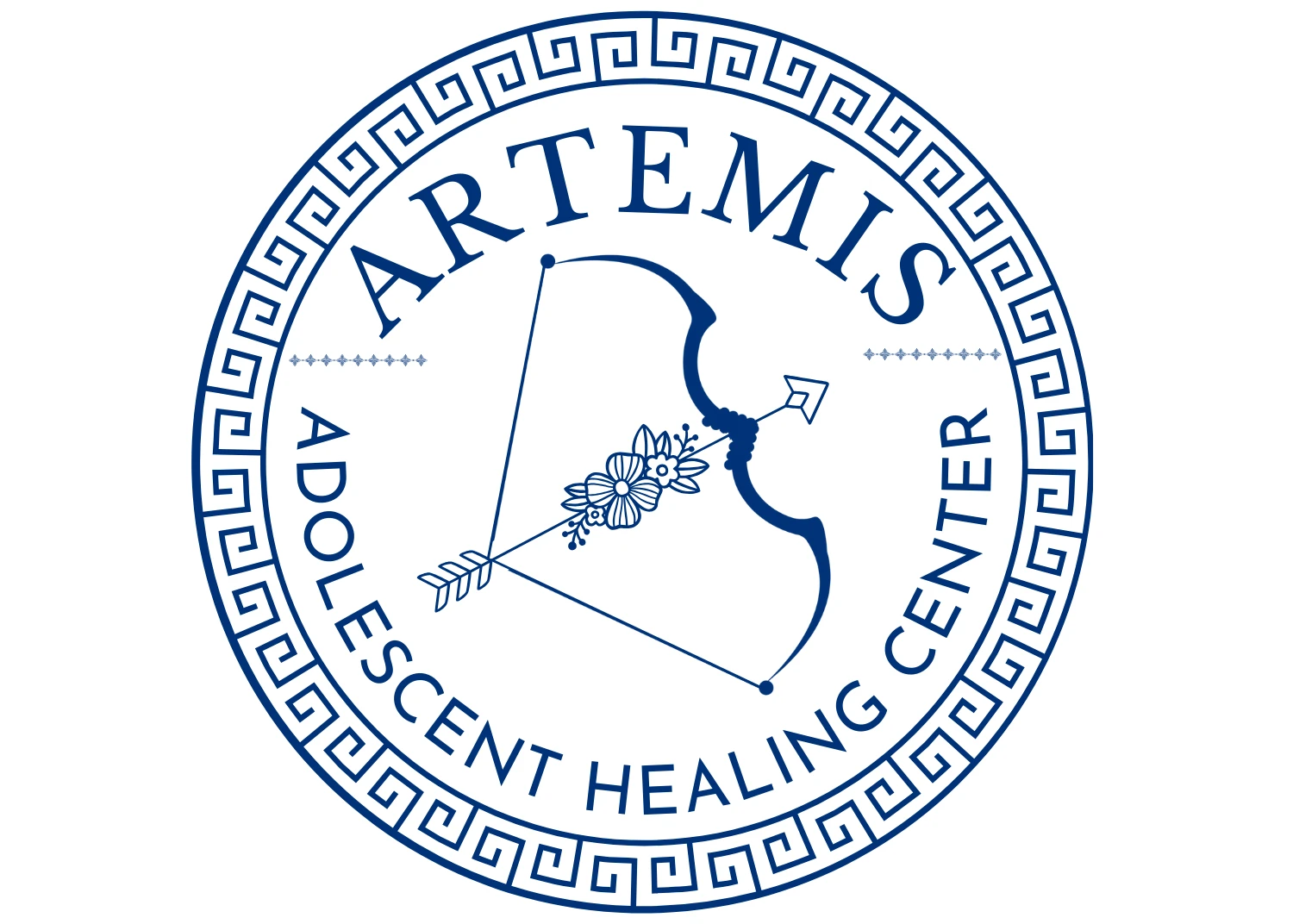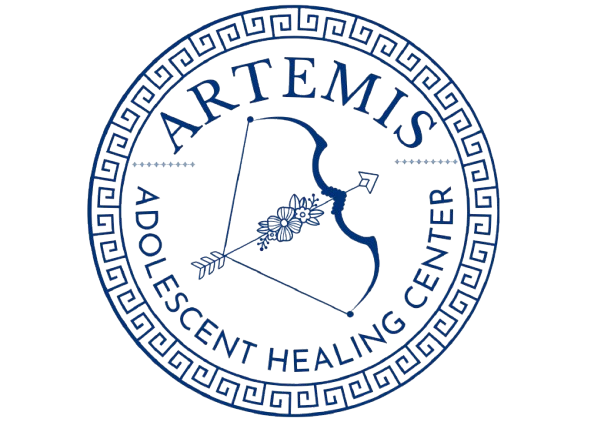Our Cocaine Treatment Programs for Teens and Adolescents
No parent wants to imagine a world where their teenager is struggling with addiction. Even though young adults don’t start using cocaine to become addicted, the powerful nature of cocaine makes it hard to stop once you’ve started.
The desire to use can get even stronger when coupled with the things teens are up against, from pressure at home and school to mental illness and the influence of their peers.
It doesn’t matter how your child got to that point. What matters most is that when you recognize the signs of cocaine abuse, you have a hard conversation with your teen and seek teen cocaine addiction treatment.
This resource from Artemis Adolescent Healing Center will talk more about what young adults are up against, how to recognize substance use disorder, and when to consider professional help in the form of teen cocaine addiction treatment at our accredited programs.
Get Effective Detox and Rehab Options at Artemis
Addiction: When Experimenting Becomes Cocaine Abuse
Your teenager is unlikely to try cocaine for the first time intending to become addicted. It’s more likely the result of wanting to fit in with their peers or being curious about the drug. The problem is that the energy and euphoria associated with cocaine use are intense.
Your teen might enjoy the experience and want to do it again, which is when they start down the slippery slope that can lead to cocaine addiction.
Why Teens Engage in Cocaine and Other Drug Use
For most teens, drug use starts with doing whatever is convenient. They might be exposed to cocaine by a friend or at a party and enjoy it, a little too much. Then, when they are feeling depressed, looking for energy, or just need a mood boost, they might seek out cocaine again.
Sometimes, mental health or social pressure play a role in your teen’s desire to use cocaine. They might be self-medicating or looking for an escape, both things that can lead to eventual cocaine addiction. Understanding the “why” is important, as it offers insight into what needs to be done to help your teen overcome this habit.
Signs of Teenage Drug Abuse
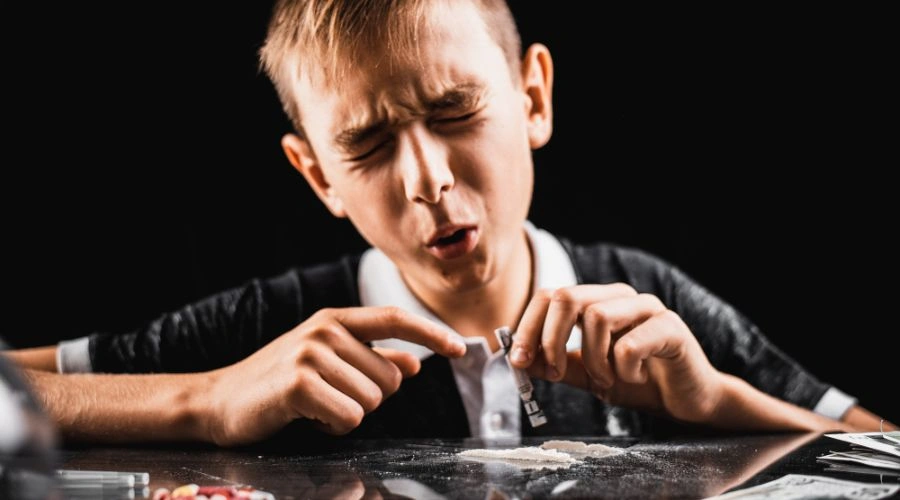
It’s easy to brush it off when your teen has mood swings, doesn’t want to spend time with the family, or sleeps all day. These are fairly “normal” teenage behaviors, after all. Unfortunately, if you have a surly teenager on your hands, it may be worth taking a closer look. Being aware of other signs of substance use can make a big difference in getting your teen the help they need, sooner.
Physically, you might notice that your teen has extreme weight loss, no appetite, and their pupils seem larger than usual. If they are snorting cocaine, they might have frequent nosebleeds or headaches.
Your teen likely sleeps for long periods after a night out, recovering as they deal with the cocaine crash. Declining grades, loss of interest in their usual activities, and breaking curfew might also point to substance abuse.
Fentanyl and The Risk of Overdose
In today’s world, cocaine addiction has never been more dangerous. Pressed pills, powdered cocaine, and even crack cocaine can be laced with fentanyl. It only takes twelve grains of this deadly drug to overdose, and it’s nearly impossible to tell if it’s inside cocaine.
Be sure your teen is aware of Good Samaritan laws, so they never have to worry about getting in trouble if they seek help for an overdose. Quick intervention is important, as a fentanyl overdose can quickly become deadly.
Get Accredited Treatment Programs at Artemis
How to Help Your Teen Deal With Cocaine Use
You can ground your teen and take away privileges, but punishment rarely stops teen drug abuse. If they are in active addiction, they’re going to find a way to sneak out and get high. They might even try prescription drugs or other substances if they can’t get their hands on cocaine.
The best thing you can do as a parent is approach the situation with caution, set your feelings aside, and get to the bottom of what is going on.
Have an Open, Honest Conversation
Talking about teen cocaine abuse isn’t easy, but if you avoid the problem, it will not go away. Failing to address it makes it more likely your teen will continue abusing cocaine or other drugs, leaving them at increased risk of full-blown drug addiction.
How you approach this conversation matters. Try not to accuse your teen, use plenty of “I statements”, and be sure your teen knows this comes from a place of love. Ask them open-ended questions and then listen, instead of talking. Give them a chance to tell you what is going on, so that you know if they need outside help.
Teen Addiction Treatment Options

By the time most parents recognize the signs of cocaine abuse, your teen has already started to develop habits that might spiral into addiction. Early intervention is important, and addiction treatment from an accredited facility like Artemis Adolescent Healing Center can help.
We offer a wide range of treatment programs for teens who need the structure of residential rehab and those who’d benefit more from the flexibility of outpatient care. Across these programs, we use a holistic, personalized approach and evidence-based care.
Inpatient Detox and Rehab
Residential detox and rehab is best for teens who are struggling with patterns of cocaine use. After developing cocaine addiction and dependence, they’ll go through an unpleasant detox when they quit using.
At Artemis, they’ll be monitored for withdrawal symptoms around the clock, including dysphoria that can be dangerous to deal with at home. Inpatient rehab is also a good choice for dual diagnosis, when your teen is dealing with mental health disorders in addition to substance use.
Our inpatient program is highly structured and helps your teen settle into a routine. They’ll receive support from their peers and work with an individual therapist on coping skills that can be applied in the real world.
Outpatient Treatment
We also offer outpatient cocaine addiction treatment. This offers flexibility if your teen doesn’t want to disrupt their education and is a good option if they’re dealing with mild cocaine addiction.
Parents will find the same standard of care in our outpatient programs, which include program elements like skill-building workshops, group counseling, mental health support, and one-on-one therapy.
Aftercare and Long-Term Recovery
Our commitment to your young adult’s recovery doesn’t end once they’ve completed addiction treatment. We can help you find teen-focused support groups and make referrals for ongoing case management or therapy sessions.
Even though completing treatment is a big step, your teen will need to continue using what they’ve learned and make good decisions going forward, to stop from slipping back into cocaine use habits.
The Role of Family in Teen Recovery
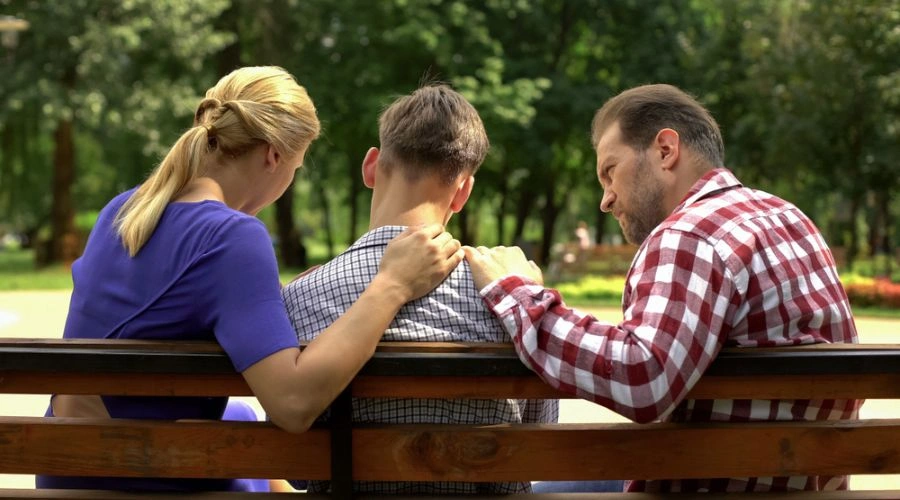
Family support can play a big part in your teen’s recovery journey. This starts with family therapy sessions and education to help families understand teen cocaine use. You’ll learn how to provide emotional support and set healthy boundaries that give your teen space, without enabling them. Lastly, therapy sessions are important for rebuilding trust and helping your teen talk about triggers and stresses in a safe, judgment-free space.
Up To 100% of Rehab Costs Covered By Insurance
Call Artemis for Proven Help With Adolescent Cocaine Use
It’s hard to imagine your teen being caught in a cycle of cocaine abuse, but know that you aren’t alone. Artemis Adolescent Healing Center is here to help, no matter where you are in the process.
We can answer your question about signs of substance abuse, talk about the options for cocaine addiction treatment, or set your teen up for a drug and alcohol screening. With proper diagnosis, you’ll be that much closer to getting your teen the help that they need.
Please call us confidentially and get proven options for support now!
